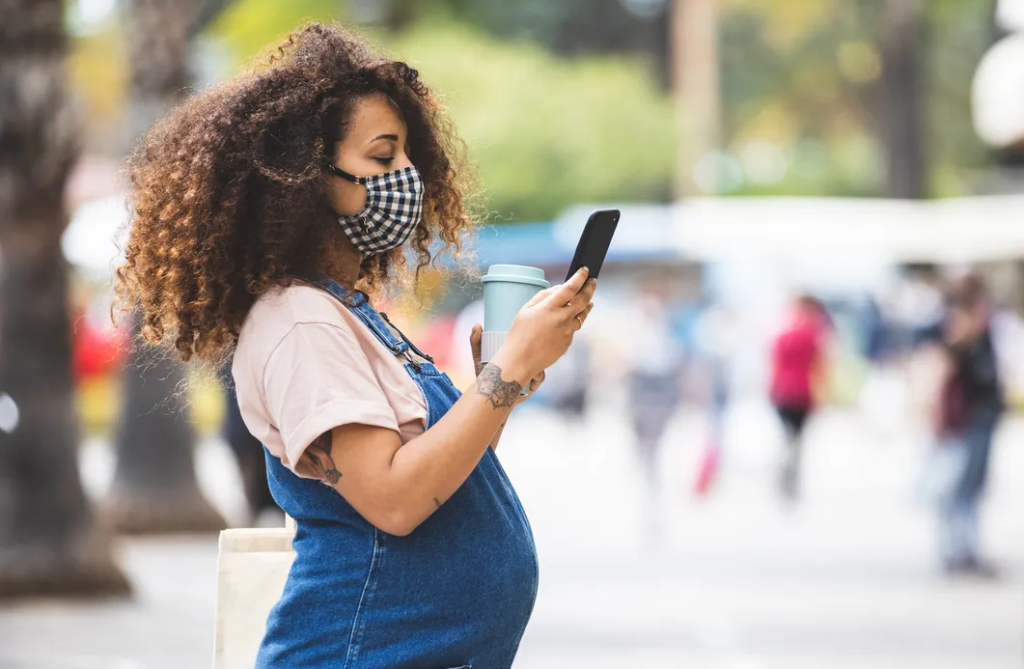
Pregnancy during COVID-19
If you are pregnant, current evidence suggests that the risk of COVID-19 to you and your baby is very small. But we are still learning about COVID-19. Pregnant women are considered an at-risk group until there is more evidence about how it affects them and their babies.
One of the best ways to care for your baby during the COVID-19 pandemic is to keep looking after yourself. Try to:
- rest, eat healthy food and get some physical activity
- stay connected with others
- maintain good hand-washing and hygiene
- follow physical distancing guidelines
- keep up with your antenatal appointments.
If you are pregnant and you have the symptoms or you are concerned that you might have been exposed to COVID-19, phone your midwife, obstetrician or doctor immediately.
You will need special attention, and your health professional will tell you what to do next. It is natural to worry if you are pregnant and diagnosed with COVID-19. Follow the advice they give you.
There is no specific treatment for COVID-19 that can make it go away more quickly. If you are pregnant and diagnosed with COVID-19, your doctor or another health professional will let you know how to manage the symptoms. This might include paracetamol and lots of fluids and rest.
Your health professional will also tell you how to protect others from infection. This might include a period of isolation until your symptoms go away. This period might be 1-2 weeks. Your health professional will give you advice about how to handle isolation within your family.
If they have diagnosed you with COVID-19 and are because of give birth, your midwife or doctor will talk with you about what will be safest for you and your baby. There is a risk that your newborn will catch COVID-19 from you after birth. Health professionals will watch your baby closely during and after birth for any signs of infection.
Professionals will also advise you on how to reduce your newborn’s risk of catching COVID-19. This might include careful hand washing and personal hygiene precautions when you are handling your newborn, and extra measures like limiting visitors.

If you are pregnant, it is important to be very careful about reducing your risk of catching COVID-19. Good personal hygiene can help to protect you from COVID-19 and prevent its spread. Here is how you can do this:
- Wash your hands carefully and regularly. Use soap and water for at least 20 seconds.
- Wash your hands after going to the toilet, before touching food, after being out in public.
- Cover your nose and mouth with a tissue when coughing or sneezing, or cough or sneeze into your elbow.
- Avoid touching your eyes, nose and mouth.
- Where possible, stay at least 1.5-2 m away from other people.
- Avoid overseas travel.
All pregnant women should have the flu immunization when the flu vaccine becomes available. Flu immunization would not protect you against COVID-19. But it will protect you from influenza, which is bad for pregnant women and their babies, also if fewer people get the flu, it can also help reduce the demand on the health care system.
